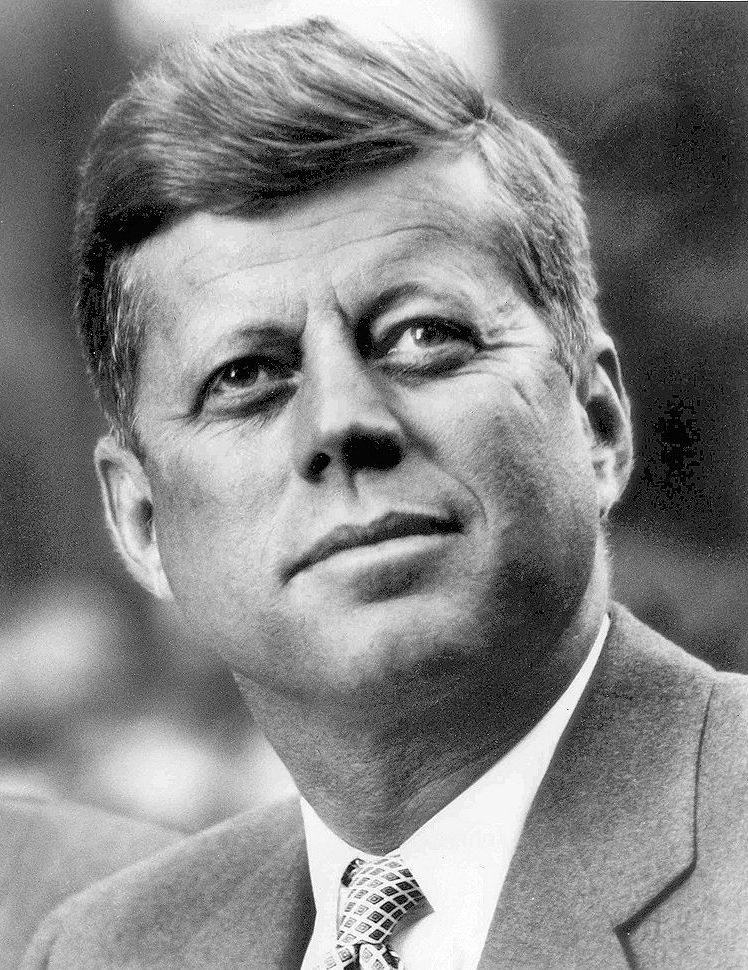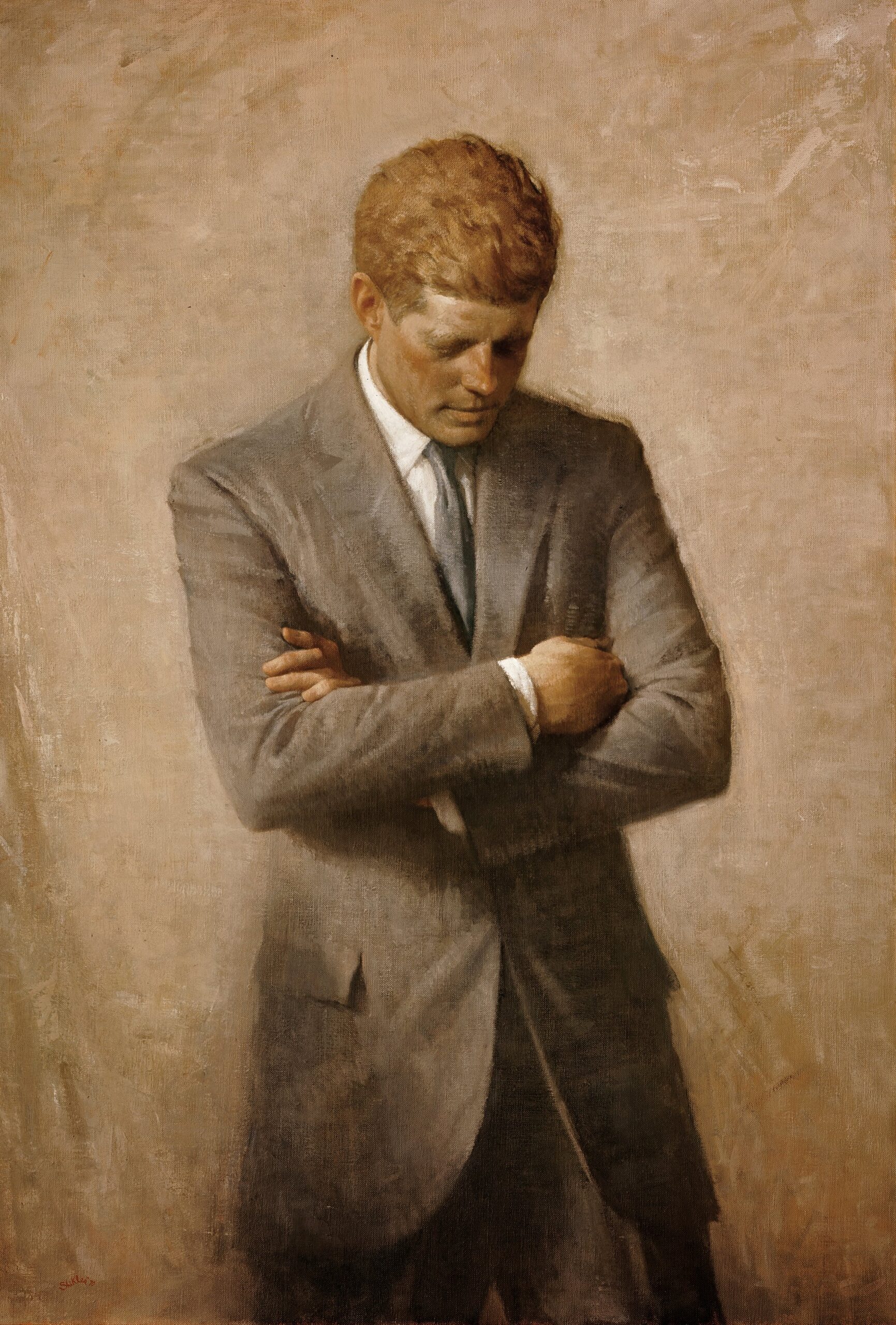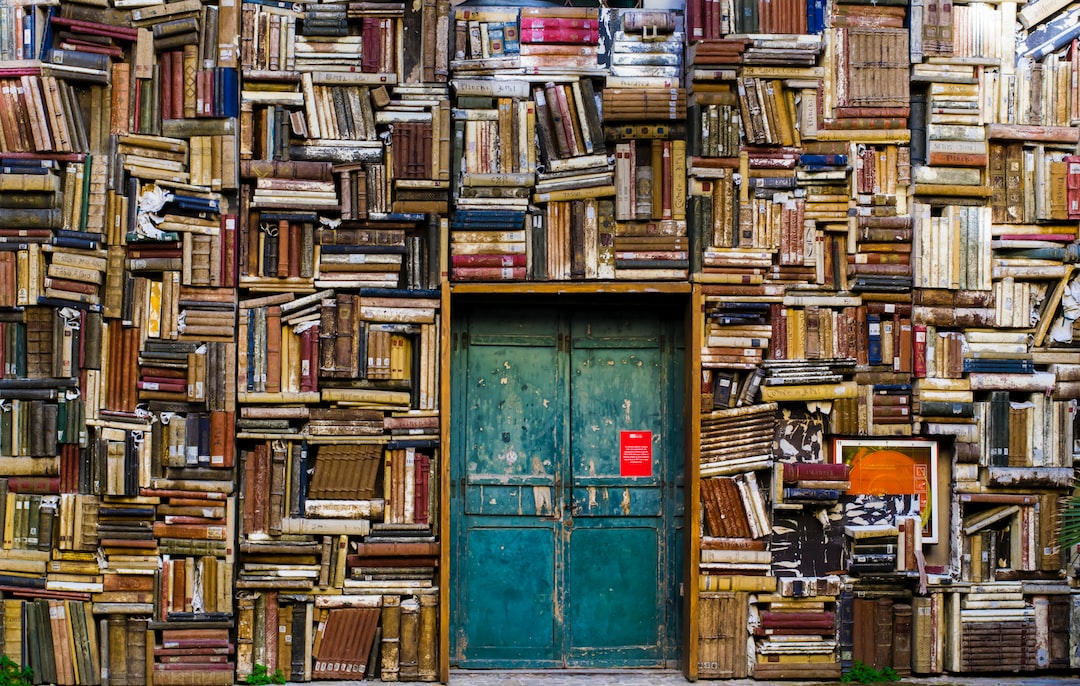“…I am certain that after the dust of centuries has passed over our cities, we, too, will be remembered not for victories or defeats in battle or in politics, but for our contribution to the human spirit.”
Remarks at a Closed-circuit Television Broadcast on Behalf of the National Cultural Center (527), November 29, 1962, Public Papers of the Presidents: John F. Kennedy, 1962.
59 years ago today, shots rang out across Dealey Plaza as President John F. Kennedy’s motorcade passed by thousands of onlookers.
I’m sure many of you can remember exactly where you were and what you were doing that day.
While questions still surround the circumstances of JFK’s assassination, there can be no doubt about his legacy. The President was scheduled to deliver remarks later that day in Dallas.
Much of the speech is no longer timely, but the main ideas and philosophies are certainly as important today as they were 59 years ago.
So, heavily redacted, here are verbatim excerpts from the speech JFK never gave.
Leadership and learning
“It is fitting that these two symbols of Dallas progress are united in the sponsorship of this meeting. For they represent the best qualities, I am told, of leadership and learning in this city — and leadership and learning are indispensable to each other. The advancement of learning depends on community leadership for financial political support, and the products of that learning, in turn, are essential to the leadership’s hopes for continued progress and prosperity. It is not a coincidence that those communities possessing the best in research and graduate facilities — from MIT to Cal Tech — tend to attract new and growing industries. I congratulate those of you here in Dallas who have recognized these basic facts through the creation of the unique and forward-looking Graduate Research Center.”
The Best Books about JFK
- A Thousand Days by Arthur M. Schlesinger Jr.
- Thirteen Days by Robert Kennedy
- The Death of a President by William Manchester
- Profiles in Courage by John F. Kennedy
“This link between leadership and learning is not only essential at the community level. It is even more indispensable in world affairs.”
“In a world of complex and continuing problems, in a world full of frustrations and irritations, America’s leadership must be guided by the lights of learning and reason — or else those who confuse rhetoric with reality and the plausible with the possible will gain the popular ascendancy with their seemingly swift and simple solutions to every world problem.”
“…fewer people will listen to nonsense.”
“There will always be dissident voices heard in the land, expressing opposition without alternative, finding fault but never favor, perceiving gloom on every side and seeking influence without responsibility. Those voices are inevitable. But today other voices are heard in the land — voices preaching doctrines wholly unrelated to reality, wholly unsuited to the sixties, doctrines which apparently assume that words will suffice without weapons, that vituperation is as good as victory and that peace is a sign of weakness.”
“We cannot expect that everyone, to use the phrase of a decade ago, will “talk sense to the American people.” But we can hope that fewer people will listen to nonsense. And the notion that this Nation is headed for defeat through deficit, or that strength is but a matter of slogans, is nothing but just plain nonsense.”
Words alone are not enough.
“Above all, words alone are not enough. The United States is a peaceful nation. And where our strength and determination are clear, our words need merely to convey conviction, not belligerence. If we are strong, our strength will speak for itself. If we are weak, words will be of no help.”
“Freedom can be lost … by ballots as well as bullets.”
“I have spoken of strength largely in terms of the deterrence and resistance of aggression and attack. But in today’s world, freedom can be lost without a shot being fired, by ballots as well as bullets. The success of our leadership is dependent upon respect for our mission in the world as well as our missiles – on a clearer recognition of the virtues of freedom as well as the evils of tyranny.”

“An America which has fully educated its citizens…”
“Finally, it should be clear by now that a nation can be no stronger abroad than she is at home. Only an America which practices what it preaches about equal rights and social justice will be respected by those whose choice affects our future. Only an America which has fully educated its citizens is fully capable of tackling the complex problems and perceiving the hidden dangers of the world in which we live. And only an America which is growing and prospering economically can sustain the worldwide defenses of freedom, while demonstrating to all concerned the opportunities of our system and society.”
“It is clear, therefore, that we are strengthening our security as well as our economy by our recent record increases in national income and output…”
“My friends and fellow citizens: I cite these facts and figures to make it clear that America today is stronger than ever before. The strength will never be used in pursuit of aggressive ambitions — it will always be used in pursuit of peace. It will never be used to promote provocations — it will always be used to promote the peaceful settlement of disputes.”
“We, in this country, in this generation, are – by destiny rather than by choice – the watchmen on the walls of world freedom. We ask, therefore, that we may be worthy of our power and responsibility, that we may exercise our strength with wisdom and restraint, and that we may achieve in our time and for all time the ancient vision of “peace on earth, good will toward men.” That must always be our goal, and the righteousness of our cause must always underlie our strength.”

